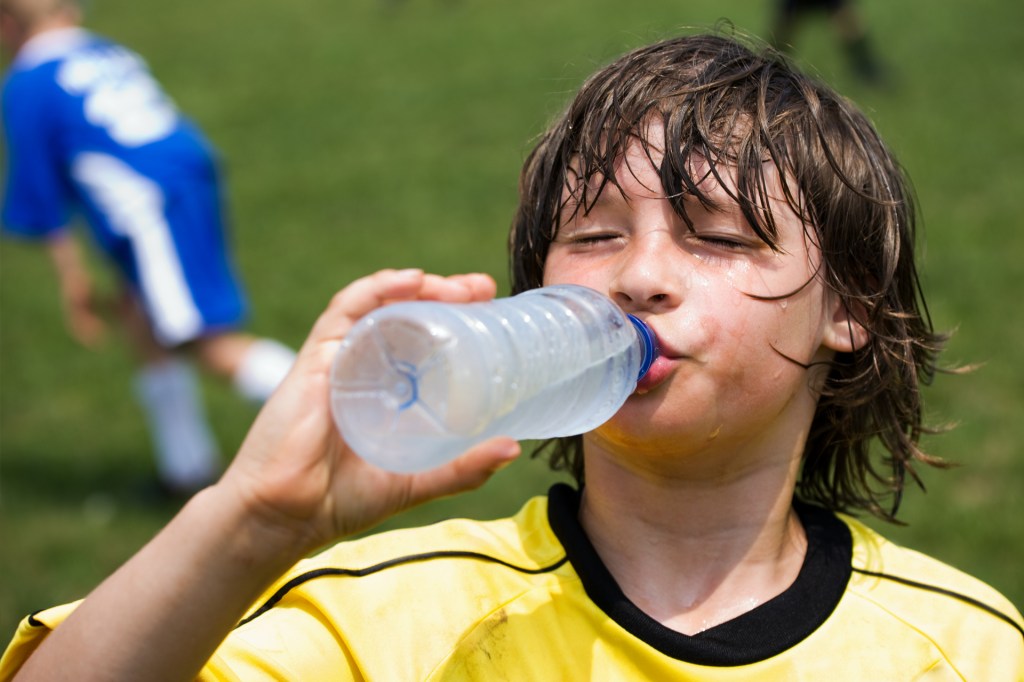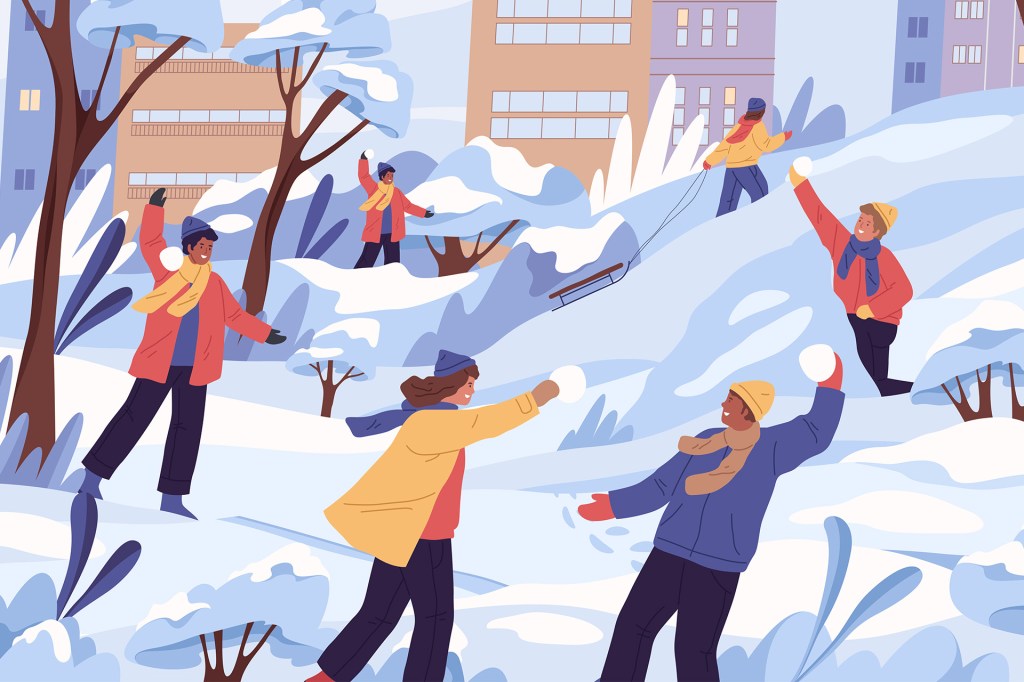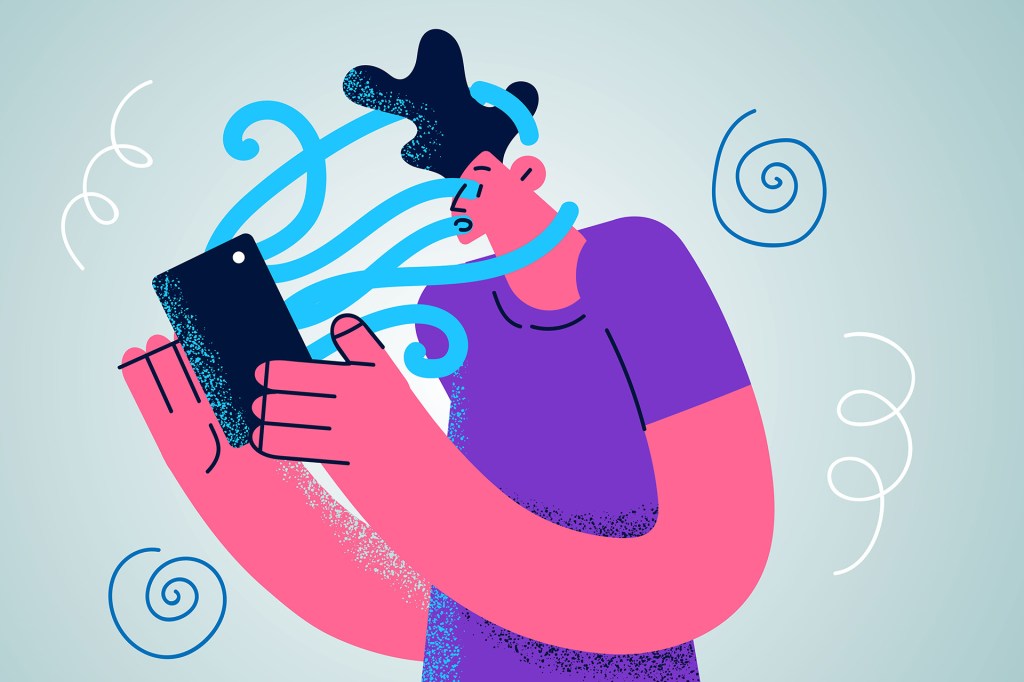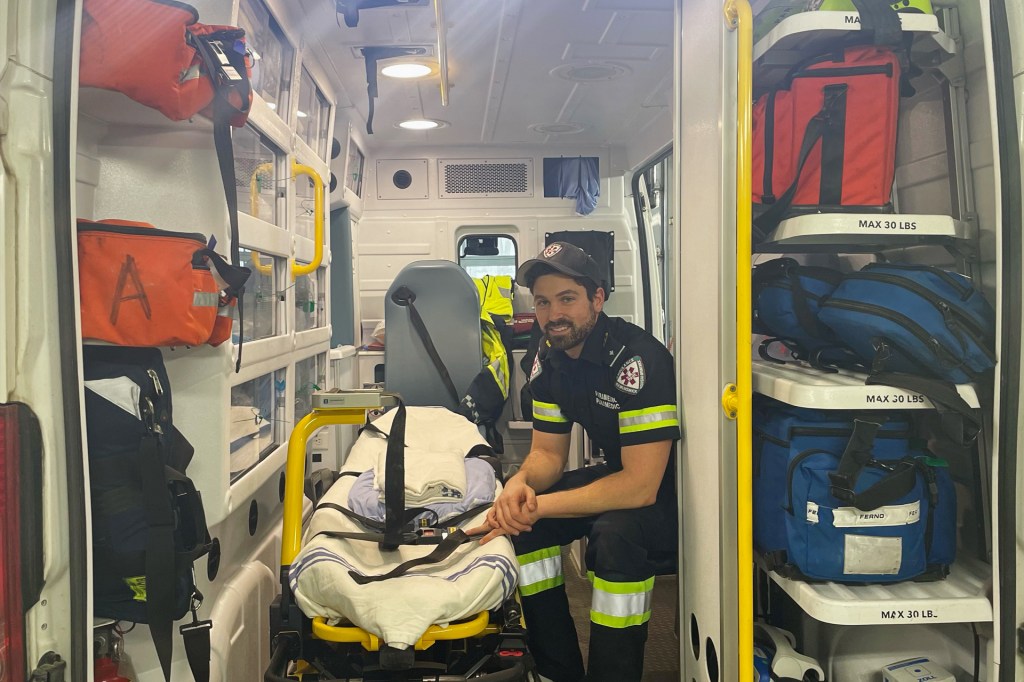Beat the Heat

Record-setting high temperatures are dangerous for your health. Whether you’re in the middle of a heat wave or just trying to get through one scorching day, you’ll need strategies to cool off and stay well. One of the most important is staying hydrated.
“In the heat, everyone needs more water,” says Dr. Ashley Karpinos, associate professor of medicine, pediatrics, and sports medicine at Vanderbilt University Medical Center, in Tennessee. And if you’re playing sports or exercising in hot weather, staying hydrated is even more crucial.
One way to plan your water intake is to take your weight in pounds, divide that number in half, and drink that many ounces every day. That’s according to Dr. Dana Cohen, who coauthored a book about the science behind hydration.
Seems simple, right? Not so much. Hydration is complex. Some people need more water than others. And sometimes, a glass of water isn’t even the best solution. The following five tips from experts can help ensure you’re properly hydrated.
Think beyond water. Water is typically the best thing you can drink when it’s hot outside. But other beverages can also do an excellent job keeping you hydrated. Cohen recommends coconut water. It contains natural electrolytes, which are minerals that help your body function. Some research suggests that milk might be hydrating, as well.
Eat water-rich foods. Eating foods with a high water content is a great way to stay hydrated in the heat, Karpinos says. She recommends fruits and vegetables such as watermelon, cantaloupe, berries, peppers, lettuce, and cucumbers.
Hydrate before you feel thirsty. One of the biggest mistakes people make is waiting until they feel thirsty before they drink water, Karpinos says. By the time you feel thirsty, you’re already on the way to dehydration.
Be on the lookout for dehydration. Early signs of dehydration include feeling thirsty, having dry lips and mouth, and not sweating enough, Karpinos says. Feltheimer adds that body cramps and tiredness may be “signs that your body is trying to conserve whatever fluid it has.”
If you’re an athlete, be extra cautious. According to Karpinos, it’s particularly important for athletes to have a hydration plan in the heat. “The goal is to start an exercise session well-hydrated [and] maintain hydration during exercise,” she says. Athletes should also check for signs of dehydration when they’re done exercising.













